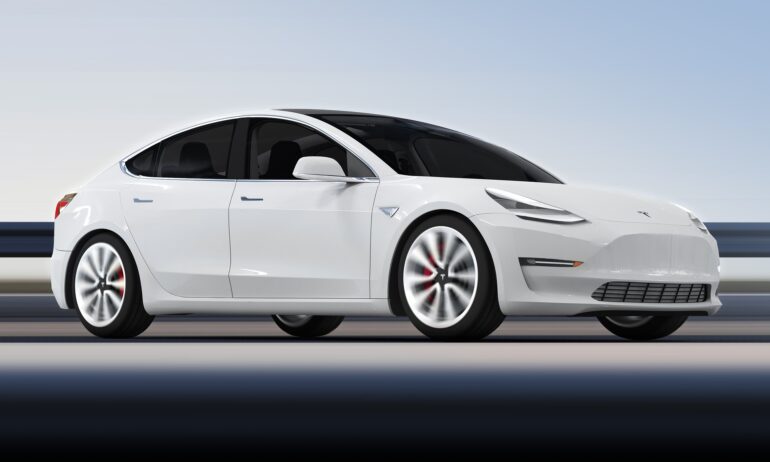TL;DR:
- Tesla’s strategic focus on AI positions it for success in the AI revolution.
- AI enhances Tesla’s car manufacturing processes, optimizing production and ensuring product quality.
- AI is crucial for Tesla’s ambitious moonshot projects, including autonomous driving and humanoid robots.
- Tesla’s commitment to AI innovation solidifies its position as a frontrunner in the AI race.
Main AI News:
The race for supremacy in the realm of artificial intelligence (AI) is gaining momentum, and one company poised to emerge as a major victor is none other than Tesla. As a trailblazer in the electric car industry, Tesla has long recognized the strategic significance of AI in accomplishing its ambitious mission. By harnessing the power of AI technologies, Tesla aims to elevate its status as a smarter, more efficient car manufacturer while venturing into exciting new frontiers like self-driving cars. Let’s delve into how Tesla positions itself for unparalleled success in this AI-driven era.
Driving Efficiency with AI
In the age of AI, businesses are leveraging its capabilities to optimize their operations, and Tesla is no exception. The company views AI as not just operationally significant but crucial for achieving its long-term vision of selling 20 million electric vehicles. To attain this audacious goal, Tesla is embarking on a strategic price reduction strategy to expand its market share. By offering more affordable cars, Tesla aims to attract price-conscious consumers, thus boosting sales volume. As Tesla scales up, AI will play a pivotal role in enhancing efficiency, eliminating waste and redundancy, and, most importantly, meeting its long-term production targets.
Tesla’s AI-driven production plans are set to revolutionize the automotive manufacturing landscape. By analyzing vast troves of data, including historical production records and supply chain information, AI can optimize the number of cars to produce, identify the most suitable factories, and efficiently plan the production schedule. This results in a streamlined production process, ensuring that Tesla can meet global customer demands with precision and timeliness.
Furthermore, AI proves invaluable during the manufacturing process itself. AI-powered cameras and sensors meticulously inspect each car as it moves along the production line, identifying even the tiniest defects that human eyes might overlook. Early detection of quality issues bolsters product reliability and customer satisfaction.
Additionally, with AI-enabled robots and machines adeptly handling repetitive tasks such as welding, painting, and component fixing, human workers are liberated to concentrate on more intricate and creative endeavors. This harmony of AI and human ingenuity allows Tesla to achieve more with less.
Enabling Tesla’s Moonshot Projects
Devoted Tesla enthusiasts are well aware of the company’s lofty aspirations, which extend beyond electric cars and encompass ventures into renewable energy, autonomous vehicles, and humanoid robots (Tesla bot). These audacious projects share a common thread: their dependence on cutting-edge AI.
For instance, the success of Tesla’s autonomous driving hinges on the efficacy of AI as the brains of its self-driving cars. AI empowers these vehicles to process vast amounts of data rapidly, comprehend their surroundings, and make safe and intelligent decisions. Although Tesla’s cars aren’t fully autonomous yet, the company leverages advanced AI to continuously improve its autonomous driving system through the ever-growing data from existing Tesla fleets.
Similarly, in the pursuit of creating functional humanoid robots, Tesla must harness advanced AI to endow them with the capability to understand their environment, interact with humans, and execute tasks requiring human-like intelligence. These robots necessitate a diverse skill set akin to that of autonomous cars and, even more, encompassing human language comprehension, emotional intelligence, and behavior analysis for optimal task performance.
Conclusion:
Tesla’s relentless pursuit of AI-driven innovation gives it a significant advantage in the market. By leveraging AI to streamline car manufacturing, enhance product quality, and push the boundaries of autonomous driving and humanoid robots, Tesla is poised to revolutionize the automotive industry. As other companies scramble to keep up, Tesla’s AI prowess sets it apart as a market leader, making it a compelling choice for investors and consumers seeking cutting-edge technology and sustainable solutions. The future looks bright for Tesla as it continues to shape the automotive landscape with AI at its core.

